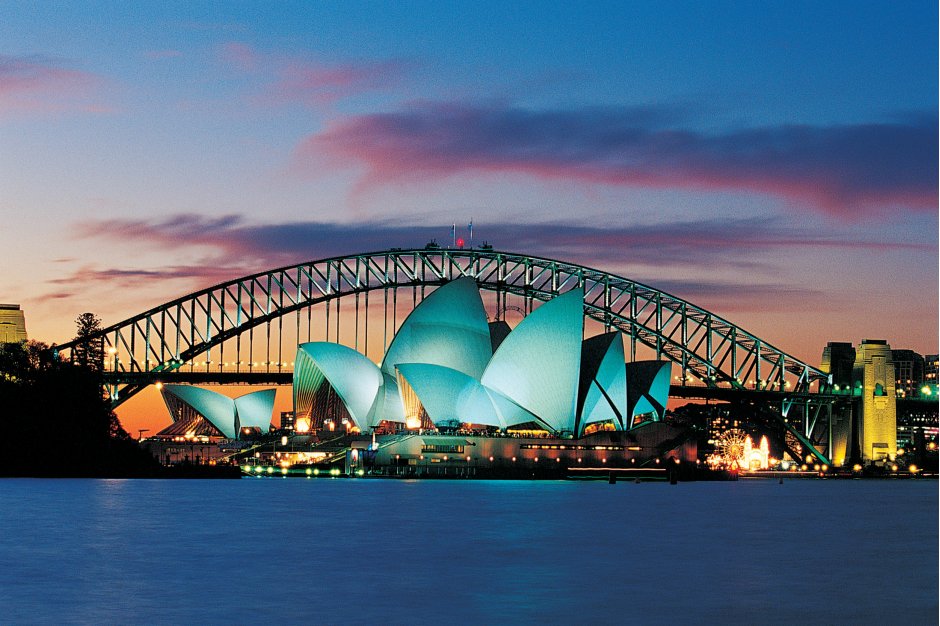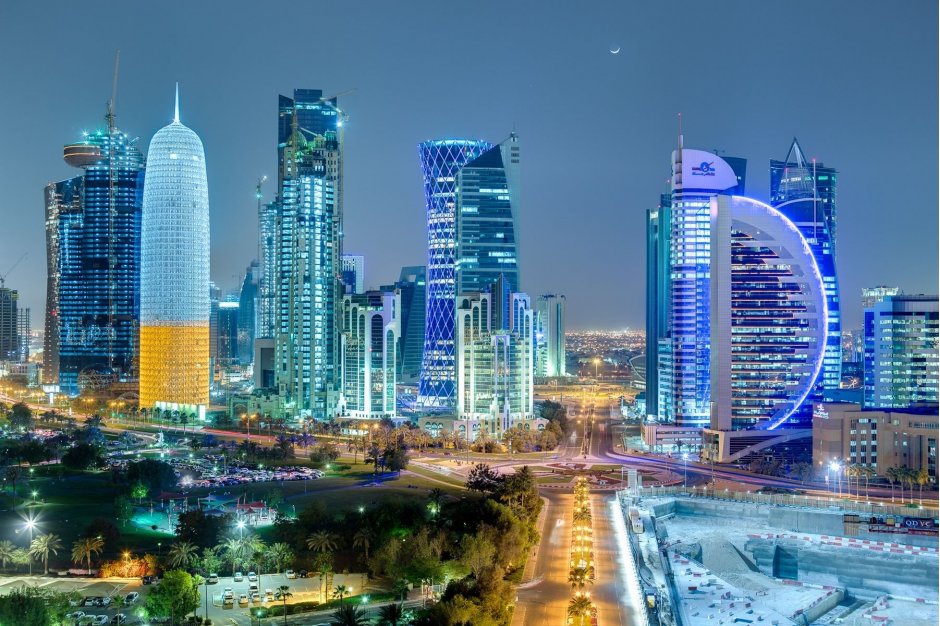The new Travel and Tourism Competitiveness Report for 2015 has highlighted Spain as the most tourism-ready economy in the world.
The report ranks 141 countries across 14 separate dimensions, revealing how well countries could deliver sustainable economic and societal benefits through their travel and tourism sector.
Despite slow economic growth in some advanced economies, the travel and tourism sector still accounts for a significant part of the global economy and employment, as the number of international travellers continues to increase.
According to the World Travel & Tourism Council (WTTC), the travel and tourism sector is forecast to continue growing at 4 percent annually—faster than financial services, transport and manufacturing.
It is the first time Spain has ranked top of the biennial report, which shows positive signs for the country’s recovery. France ranked second, while Germany and the United States ranked third and fourth respectively. The UK and Switzerland follow in fifth and sixth place, while the remaining top ten is occupied by Australia, Italy, Japan and Canada respectively. Overall, Europe—with a total of six countries in the top 10, is confirmed as the region with the most travel & tourism competitive economies.
First compiled in 2007, the Travel & Tourism Competitiveness Index (TTCI) measures “the set of factors and policies that enable the sustainable development of the Travel & Tourism sector, which in turn, contributes to the development and competitiveness of a country.”
Europe also remains the region with the most international arrivals per year, notably with the Schengen Area.
In the Asia-Pacific region, Australia ranked at the top with the most tourism-ready economy in the region, while Japan and Singapore ranked second and third in the region respectively, according to the report.
Australia ranked second globally for natural resources, and is one of the top three destinations for leisure and entertainment, according to digital demand. According to the report, it remains strong in its openness of bilateral air service agreements (5th) and air transport infrastructure (4th), though it needs further investment in ground and port infrastructure (57th) and tourism infrastructure (29th) to reach its potential.

Japan is ranked 9th globally and 2nd in the Asia-Pacific. It welcomed over 10 million foreign tourists in 2013, a new record, bouncing back from a drop in arrivals in 2011
Travel and tourism plays an important role in the Americas, which collectively received almost 170 million visitors in 2013. Given the region’s geography, most countries have prioritised air transport, although according to the report, underdeveloped ground transport undermines the economic effect of investments in air infrastructure by limiting the ability to move people across and within countries.
Nevertheless, Brazil ranked top in South and Central America for the most tourism-ready economy, closely followed by Mexico and Panama respectively.
The United States is the highest ranked country in the Americas and 4th globally. It welcomed a record 74 million international visitors in 2014. However, visa requirements are restrictive, and despite recent developments in its visa regime leading to a more open policy towards China (not yet reflected in statistics), it should further improve its travel facilitation, according to the report.
In the Middle East and North Africa, United Arab Emirates ranked number one for the most tourism-ready economy, and ranked 24th place globally. While the UAE does not have rich natural resources, it has built a unique environment to attract both leisure and business travellers.
Qatar and Routes Middles East & Africa hosts, Bahrain ranked second and third respectively, followed by Morocco and Saudi Arabia. Most countries in the Middle East and North Africa are price-competitive destinations and several have built significant travel and tourism industries in recent years.

Finally, in Sub-Saharan Africa, travel and tourism has significant potential due to richness in natural resources and the potential to further develop cultural resources, according to the report.
Most countries in the region are aware of the potential role of tourism as an economic opportunity and development catalyst, and have drafted strategic plans to develop the sector
South Africa leads the regional ranking, sitting at 48th overall, driven by its rich natural and cultural resources and a positive business environment. South Africa is still reaping the benefits of the 2010 World Cup, with several sports stadiums that can host significant entertainment events. Seychelles ranked second in the region, while Mauritius ranked third. Namibia and Kenya ranked fourth and fifth respectively .
You can read the full report here.